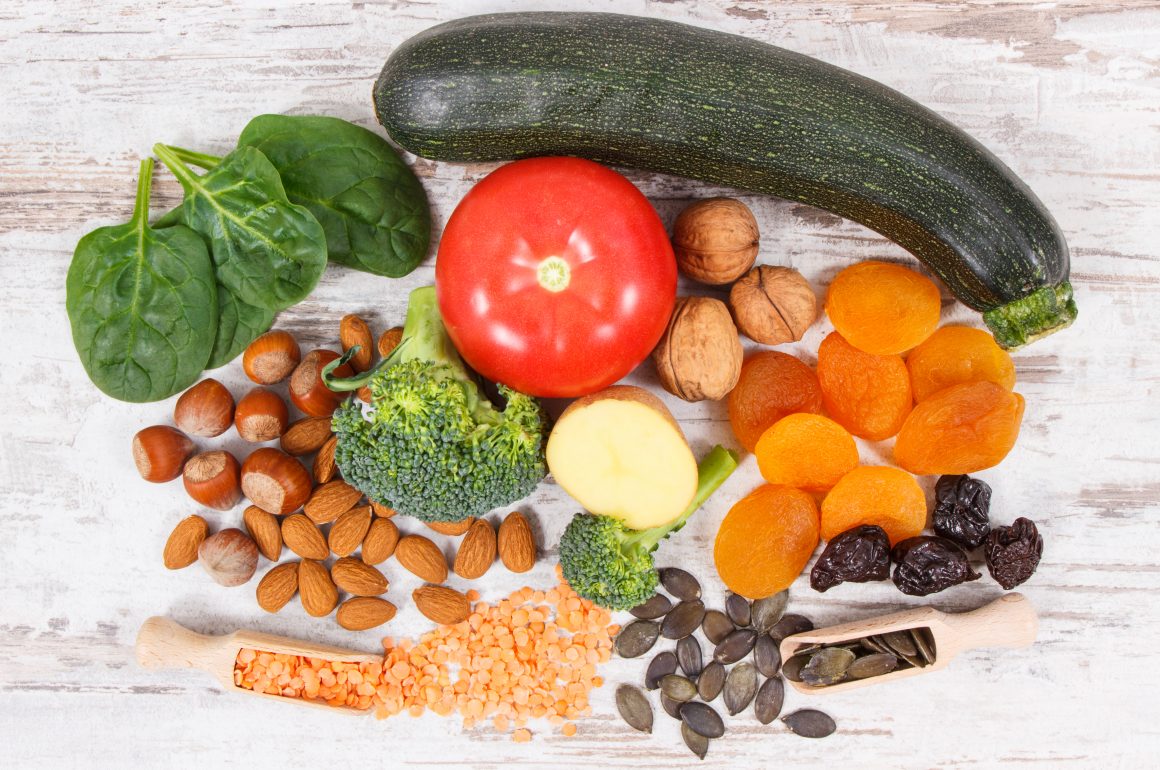
What is potassium?
Potassium (K) is the key cation in our cells. Intracellular fluid contains most of the body’s potassium, with the highest amount in skeletal muscle cells. Potassium can also affect hypertension – in a different way. If people who suffer from a bad blood pressure change their diet and incorporate more fruits and vegetables their blood pressure often improves. Food processing tends to remove potassium and sodium, even if the potassium is not removed, adding sodium reduces the amount of potassium significantly. This is another factor why you should incorporate more fresh and un-processed foods into your diet. In some cases people with kidney problems should be mindful of their potassium intake – make sure you talk to your health care professional about it.
Why do we need potassium?
As an electrolyte, potassium helps your body to keep the right balance of water between your cells and the fluid surrounding them which is an important component of muscle contractions and the transmission of nerve impulses. Furthermore potassium helps regulate blood pressure.
Where can we get potassium from?
I bet you are thinking of bananas, but they are not the only way to get your potassium intake up. Here are some great examples of potassium:
- White beans, canned
- Raisins, seedless
- Potato, baked with skin
- Spinach
- Lentils, cooked
- Pumpkin, cooked
- Mushrooms
- Bananas
- Sweet potatoes
- Chickpeas, cooked
- Halibut, cooked
- Corn
- Carrots



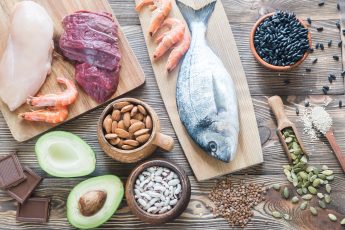

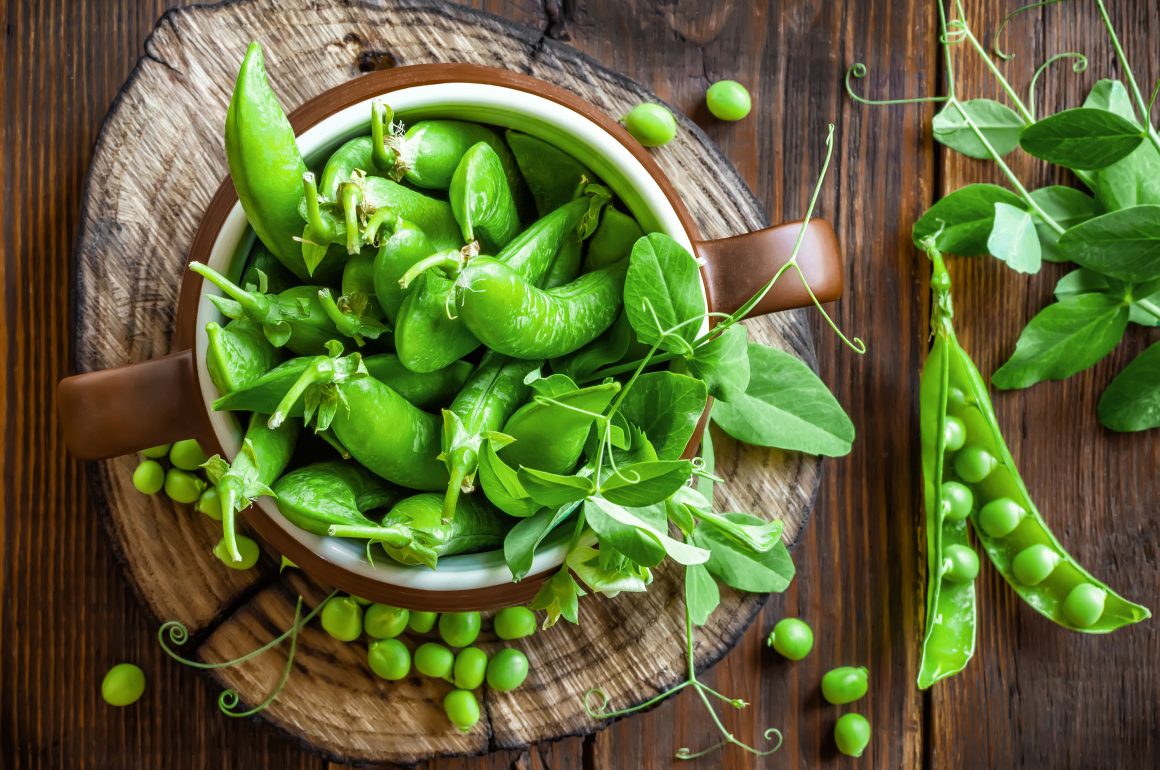
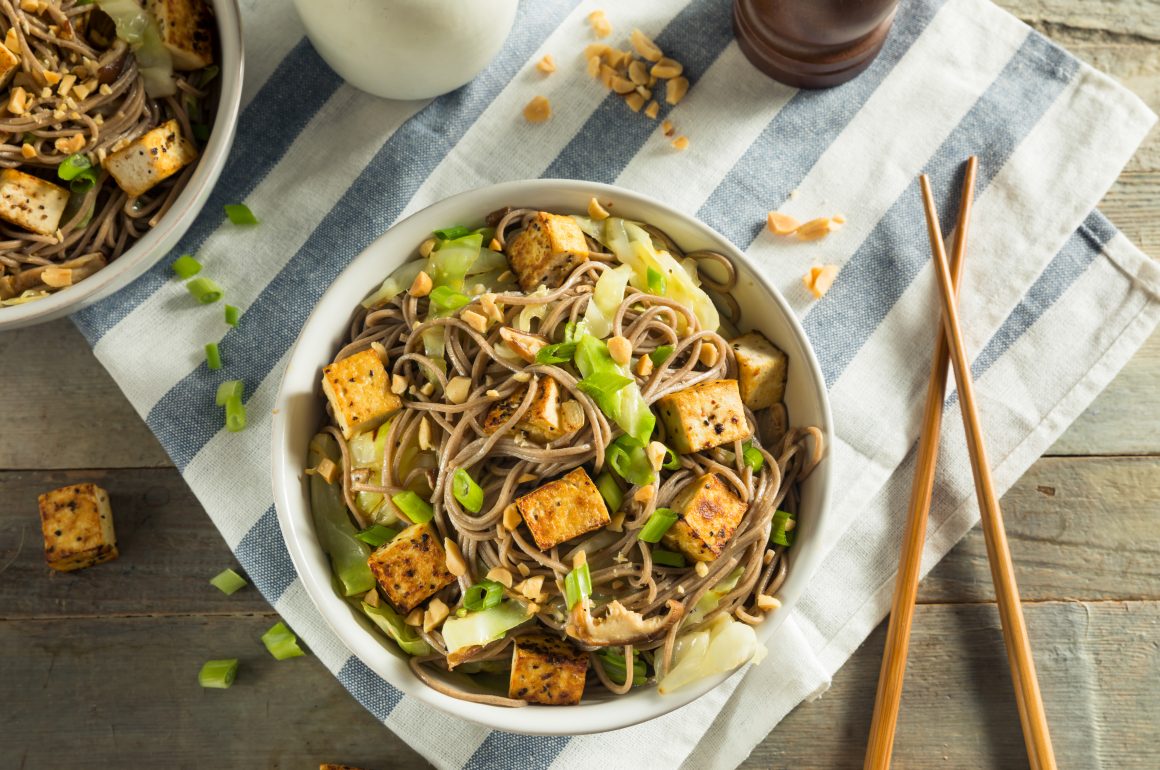
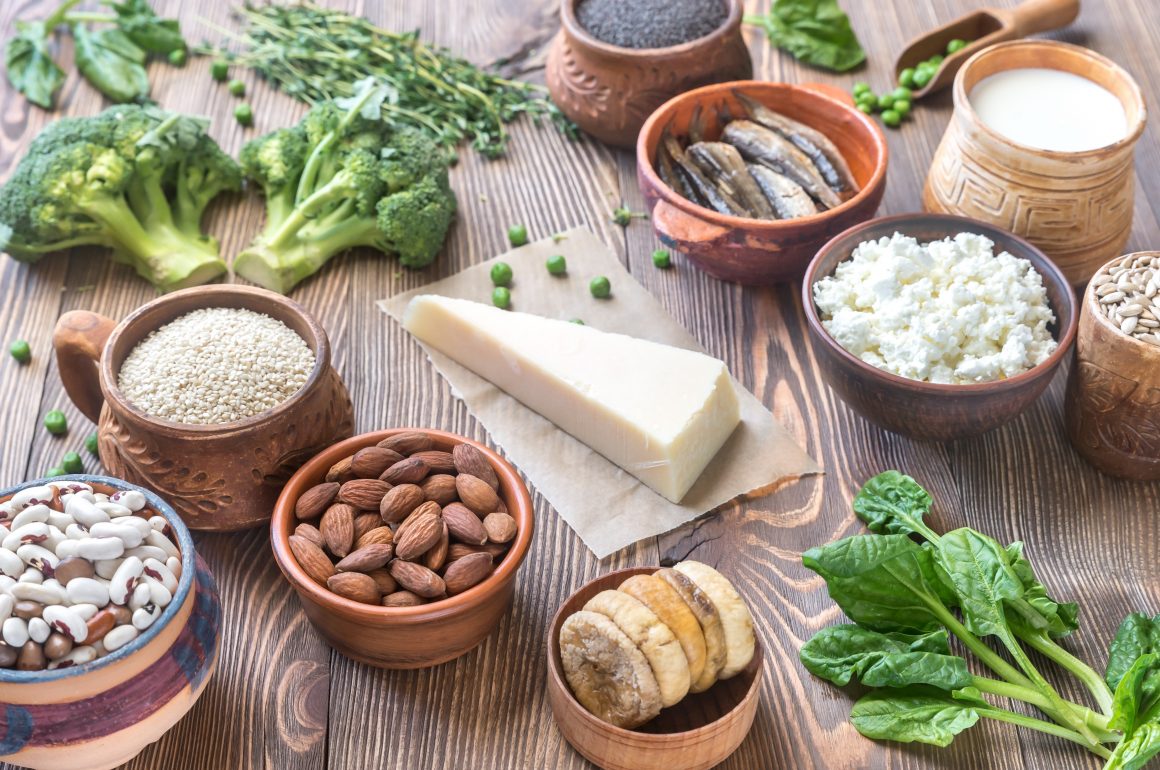
Leave a Comment